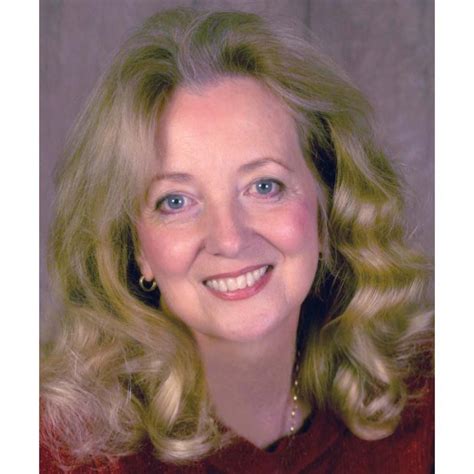A Quote by Eckhart Tolle
Forgiveness of the present is even more important than forgiveness of the past. If you forgive every moment - allow it to be as it is - then there will be no accumulation of resentment that needs to be forgiven at some later time.
Related Quotes
Forgiveness is the key to breaking the cycle of karma and reincarnation. Forgiveness doesn't mean: "What you did was okay." It simply means, "I'm no longer willing to carry the heavy toxic burdens of anger, resentment, and victimhood in my soul." You can work on healing, uplifting, and changing situations from a place of forgiveness, instead of from a place of resentment. Forgive yourself and everyone, and you are free!
Forgiveness does not mean that we suppress anger; forgiveness means that we have asked for a miracle: the ability to see through mistakes that someone has made to the truth that lies in all of our hearts. Forgiveness is not always easy. At times, it feels more painful than the wound we suffered, to forgive the one that inflicted it. And yet, there is no peace without forgiveness. Attack thoughts towards others are attack thoughts towards ourselves. The first step in forgiveness is the willingness to forgive.
The saved sinner is prostrate in adoration, lost in wonder and praise. He knows repentance is not what we do in order to earn forgiveness; it is what we do because we have been forgiven. It serves as an expression of gratitude rather than an effort to earn forgiveness. Thus the sequence of forgiveness and then repentance, rather than repentance and then forgiveness, is crucial for understanding the gospel of grace.
If a person has done wrong, is conscious of what he has done and does not say sorry, I ask God to take him into account. I forgive him, but he does not receive that forgiveness, he is closed to forgiveness. We must forgive, because we were all forgiven. It is another thing to receive that forgiveness.
Forgiveness is an act of creation. You can choose from many ways to do it. You can forgive for now, forgive till then, forgive till the next time, forgive but give no more chances it’s a whole new game if there is another incident. You can give one more chance, give several more chances, give many chances, give chances only if. You can forgive part, all, or half of the offense. You can devise a blanket of forgiveness. You decide
Remembrance of Jesus' passion will heal your soul of resentment, by making it ashamed of itself when it remembers the patience of the Lord. Some people have wearied themselves and suffered for a long time in order to extract forgiveness. By far the best course, however, is to forget the offences, since the Lord says: "Forgive at once and you will be forgiven in generous measure." (cf. Luke 6:37-38)
It's forgiveness that makes us what we are. Without forgiveness, our species would've annihilated itself in endless retributions. Without forgiveness, there would be no history. Without that hope, there would be no art, for every work of art is in some way an act of forgiveness. Without that dream, there would be no love, for every act of love is in some way a promise to forgive. We live on because we can love, and we love because we can forgive.
Forgiveness means that I continually am willing to forgive the other person for not being God — for not fulfilling all my needs. I, too, must ask forgiveness for not being able to fulfill other people's needs. … The interesting thing is that when you can forgive people for not being God, then you can celebrate that they are a reflection of God.


































